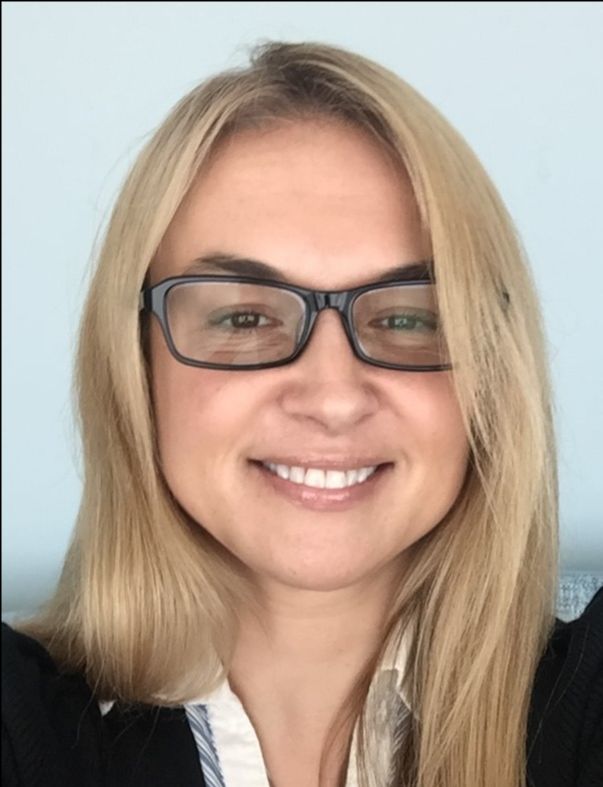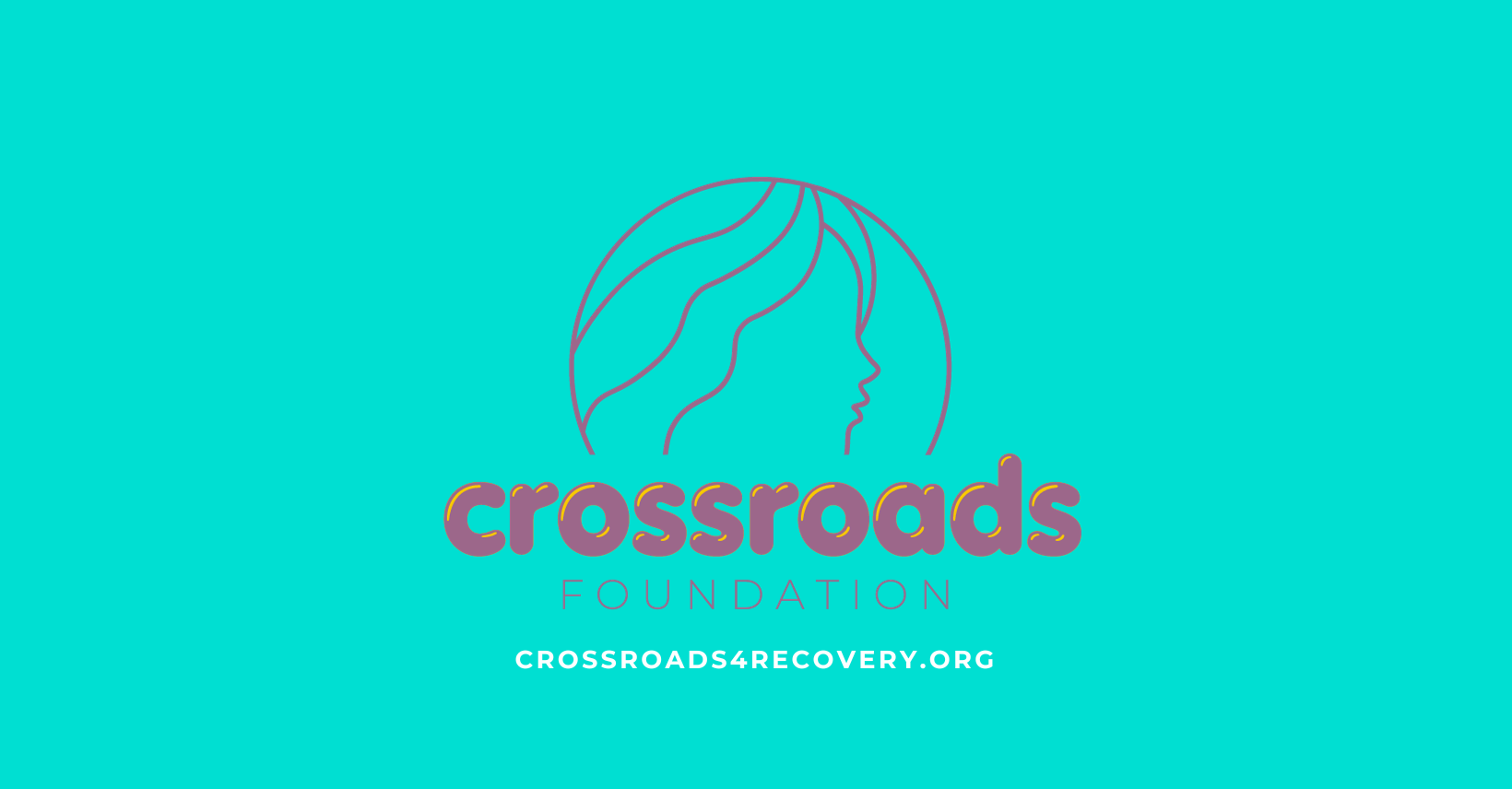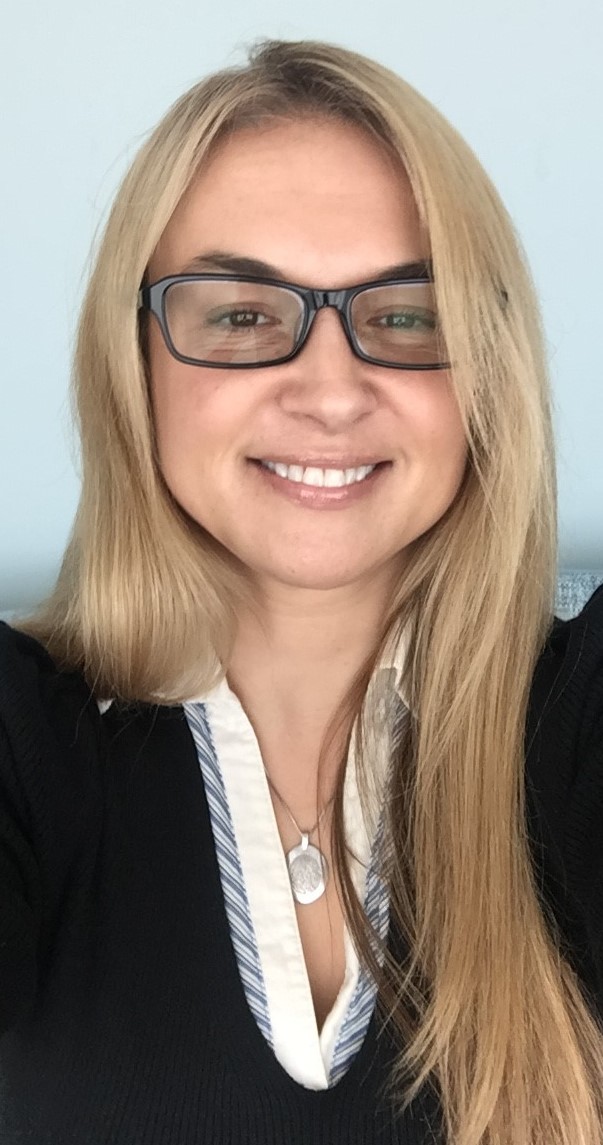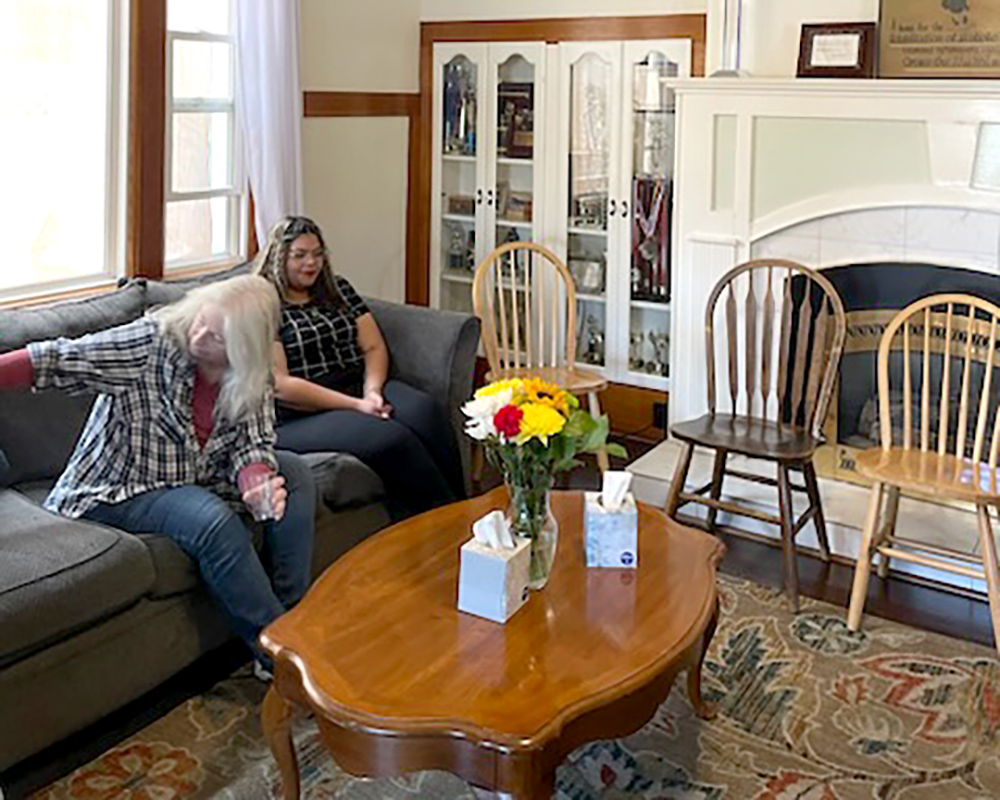
On a sunny and bright Sunday afternoon in Hillcrest, the doors of 3594 Fourth Ave. are wide open. Groups of women flow in and out, greeting one another with smiles and heartfelt ‘hellos’ as they step over the threshold into the two-story building.
The residence is home to The Crossroads Foundation, a local nonprofit dedicated to helping women overcome substance use disorder for more than 70 years.
Through the front door, several couches sit positioned in a U shape. Family members and friends of those seeking treatment at the foundation mingle in the living room and dining area, eating food and conversing.
The day marks the foundation’s open house, a time for residence and staff to share the organizations goals and mission with the community.

Now more than ever, The Crossroads Foundation feels spreading awareness about addiction is critical, writing in a press release “According to recent statistics, San Diego County has seen a surge in SUD issues among women. In 2021, San Diego County saw an increase in overdose deaths, with 452 fatalities in the first quarter of the year alone. Of these, 103 were women, a 40% increase from the same period last year.”
Crossroads Foundation opened in 1957, and since its debut in the San Diego, it has created a network of people determined to fight addiction, with graduates of the program often returning to work or volunteer.
Executive Director Roxy Walnum is a leading force for this network, with years of experience in the San Diego community working with individuals battling addiction.
“It is the oldest women’s residential in San Diego County, founded by a group of professional women and attorneys, who needed treatment and could not find it,” Walnum explained. “With all the trends changing from primarily alcohol addiction to drugs and alcohol addiction, we have shifted too.”
Daily, residents follow a strict routine. In the kitchen in a back corner of the home, a large calendar hangs on the wall with prompts for all hours of the day. Breakfast, walks through the neighborhood and therapy are amongst some of the daily goals.
Following a routine is vital in reaching a successful recovery, Walnum explained. The women are expected to rise at an early hour, make their beds and engage with others. Isolation in the height of addiction is easy, Walnum expressed, and avoiding time spent sequestered by one’s self is critical.
“Addiction wants you to isolate,” Walnum said.
But with so much time spent as a group, Walnum was quick to explain that issues do arise, specifically in an environment that is solely female.
“Women bring a different dynamic into a group setting, it can be very healing if they get over the initial competition,” she explained.
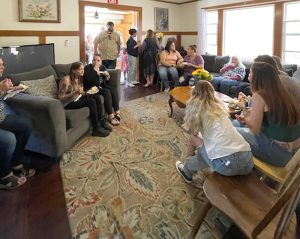
The fact that many women seeking treatment will experience withdrawals which includes symptoms like tension and irritability adds to this.
Beyond the kitchen, several larger rooms sit in the upstairs area of the home. Light flows through the windows and bunk beds line the walls, all neatly made. Cork boards are hung on throughout each room, and the residents have adorned them with pictures, drawings and notes.
Images of children, family members, graduations and weddings line the boards. The range of images and diversity among the women is a testament to addiction’s inability to be picky, Walnum said.
“The disease of addiction is not getting any easier, with the mental health problems becoming more complex,” Walnum said, sharing that women from all and any walks of life seek treatment at Crossroads Foundation.
The rehab is conveniently located near Scripps Mercy Hospital and UCSD’s Hillcrest medical center. Walnum explained staff are trained to handle the psychological aspects of addiction, but they do not have a medical staff who can handle the physical issues that come along with detoxing, such as seizures – making their location near other trained medical professionals important.
Currently, the foundation offers support for women in active recovery. This means women are allowed a bed and access to resources while achieving sobriety.
A hope of Walnum’s is that eventually the foundation will offer sober living, so individuals who graduate the program can live in a safe environment.
“I want to increase our treatment beds and create sober living,” shared Walnum. “Building common ground with people in recovery is vital in being successful in full recovery.”

With help from the community, staff and program graduates, Walnum is confident this goal will come to fruition.
More information on meetings, support, how to seek treatment and how to support the foundation can be found at https://crossroads4recovery.org/
“We do not discriminate here, just like the disease of addiction does not discriminate,” Walnum said.
Source: https://sdnews.com/crossroads-foundation-shares-what-makes-their-recovery-center-unique/
